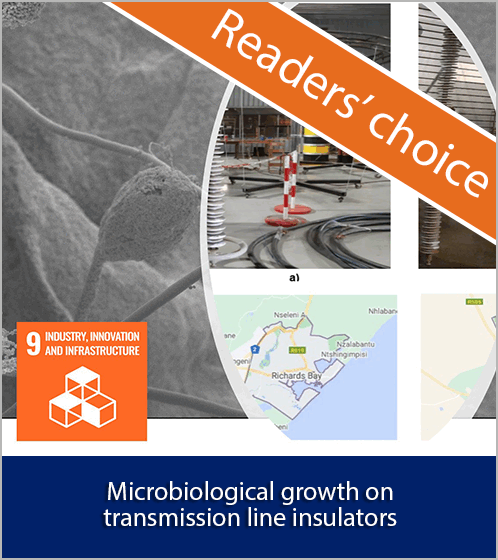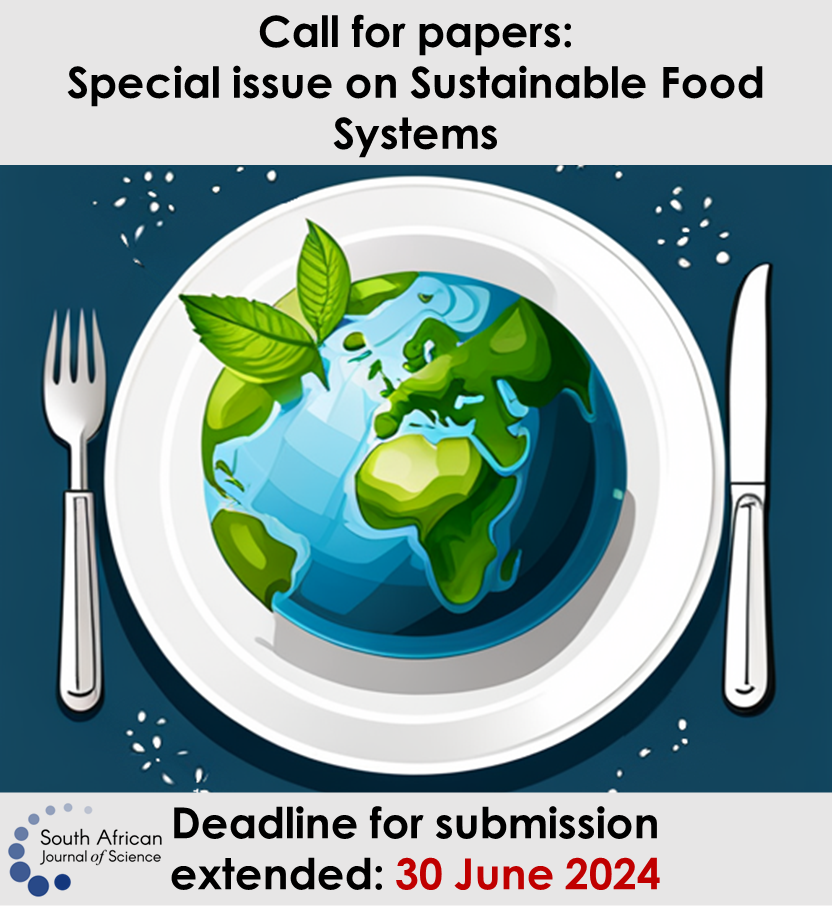Assessing the potential effects of nevirapine in South African surface water on fish growth: A chronic exposure of Oreochromis mossambicus
DOI:
https://doi.org/10.17159/sajs.2019/5516Keywords:
pharmaceuticals, HIV antiretrovirals, aquatic toxicology, fish health, early life stagesAbstract
Aquatic environments around the world have become mixtures of different types of pollutants, including pharmaceuticals. The presence of pharmaceuticals in aquatic environments has raised concerns regarding the possibility of unintended effects on aquatic animals. South Africa is currently the largest consumer of HIV antiretroviral drugs (ARVs) worldwide. Nevirapine (NVP), a first-line ARV, has been associated with serious liver toxicity in humans and has been repeatedly detected in South African surface water. We investigated the potential effect of NVP on the growth of larvae and juveniles of the Mozambique tilapia (Oreochromis mossambicus) through a chronic laboratory exposure. Larval and early juvenile stages were exposed to the highest reported environmental relevant concentration of NVP in South African surface water (1.48 μg/L) for 60 days in a static renewal system. Body mass and total length measurements were recorded and analysed for individuals aged 1, 5, 30 and 60 days. In total, 455 fish were assessed. The growth parameters of larvae exposed to NVP were not statistically significantly different (p>0.05) from those of control larvae. However, the juveniles exposed to NVP showed a slightly lower mean growth rate between the 30th and 60th day compared with the control fish. These results suggest that the concentration of NVP in South African surface water has no significant detrimental effects on fish growth during the first 2 months of their life. Further studies to investigate the effects on all life stages of fish are needed as it is evident that the growth rate of exposed fish could be affected after this stage.
Significance:
- This study was the first to investigate the effect of an antiretroviral drug in surface water on fish growth.
- Chronic exposure to the highest environmentally relevant concentration of nevirapine in South African waters did not affect the growth of early life stages of Mozambique tilapia.
- The levels of antiretrovirals in aquatic systems should be monitored closely as their consumption is likely to increase in the future.
Published
How to Cite
Issue
Section
License

All articles are published under a Creative Commons Attribution 4.0 International Licence
Copyright is retained by the authors. Readers are welcome to reproduce, share and adapt the content without permission provided the source is attributed.
Disclaimer: The publisher and editors accept no responsibility for statements made by the authors













.png)